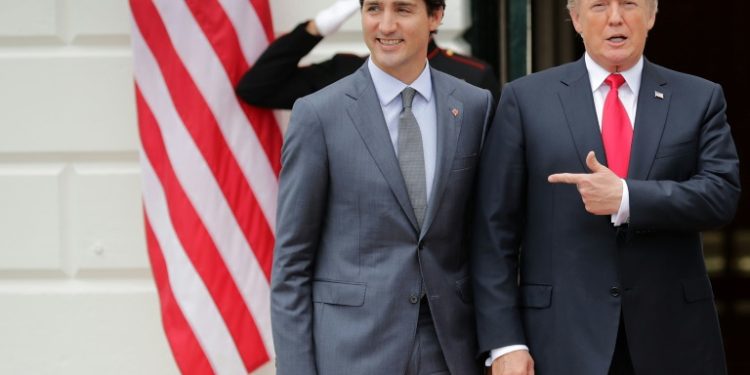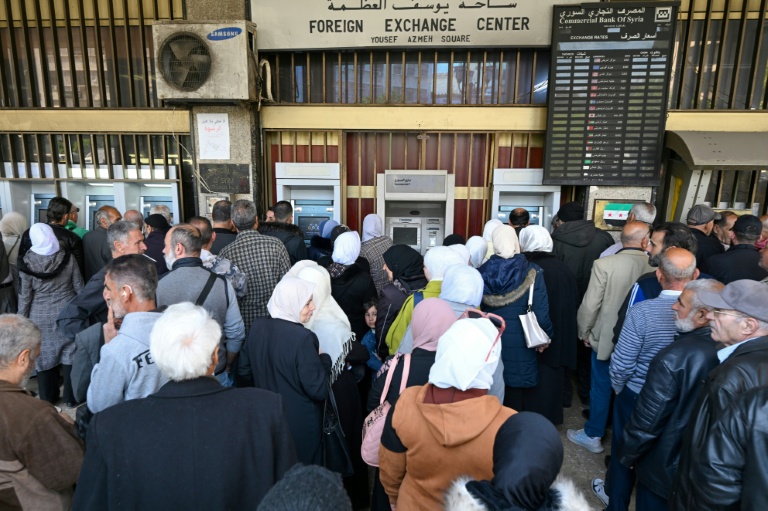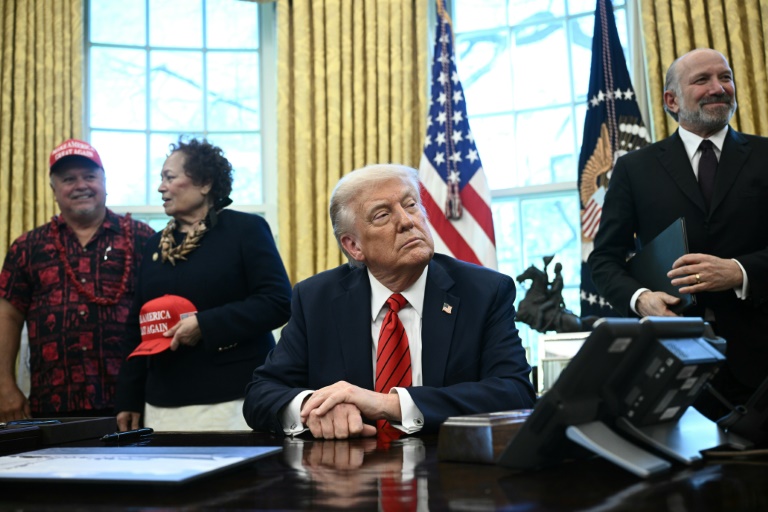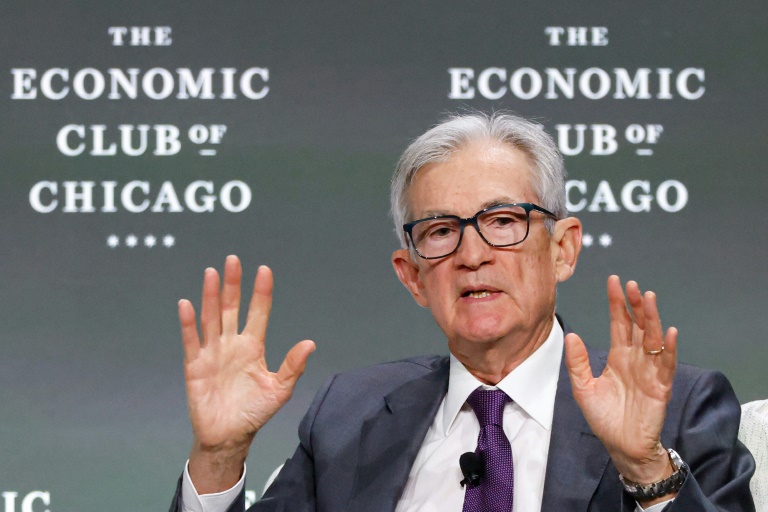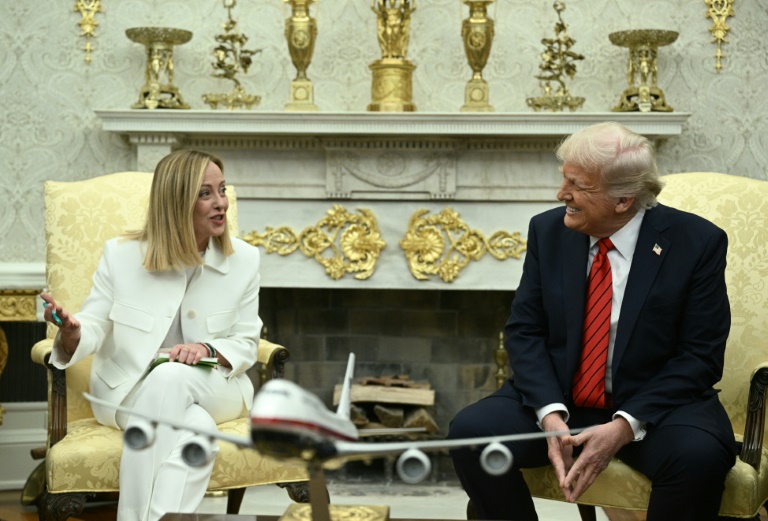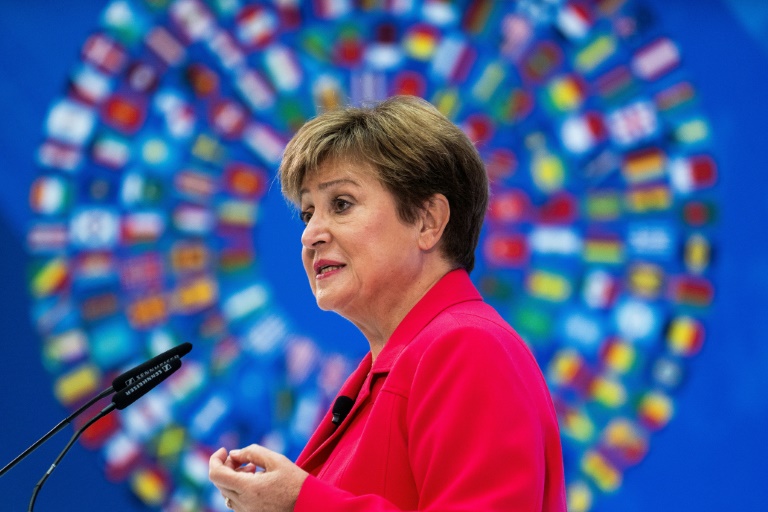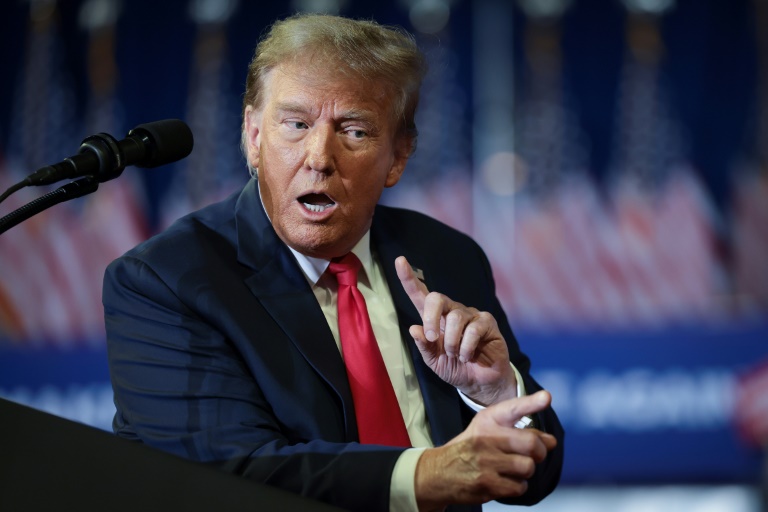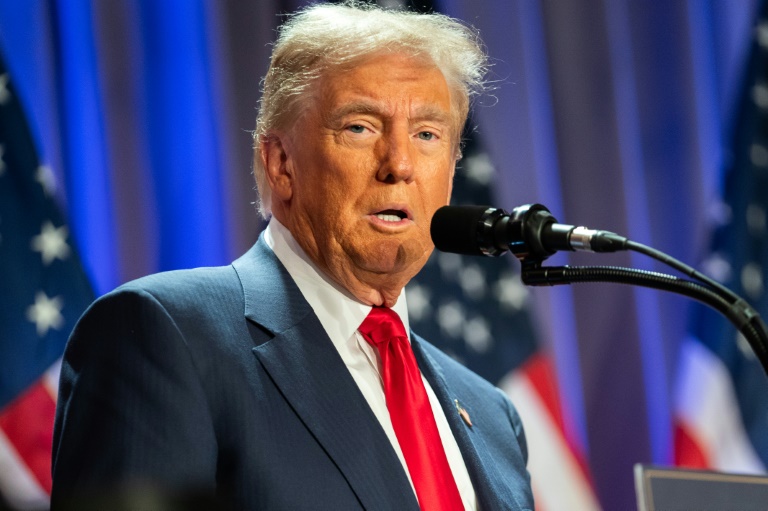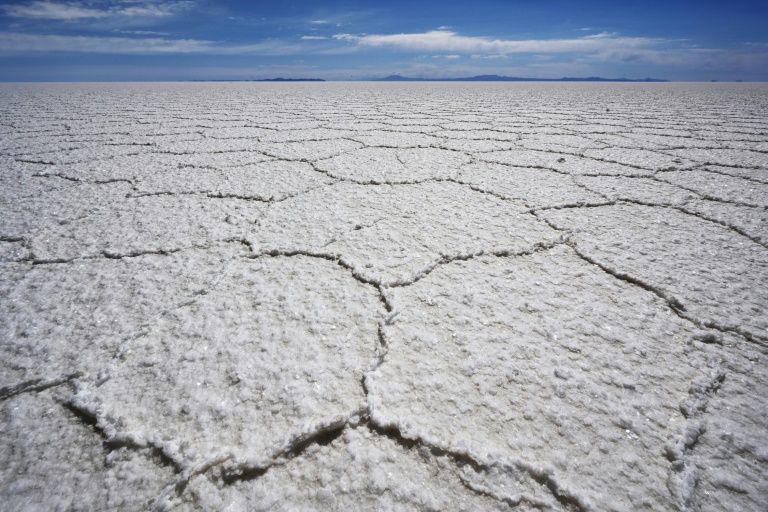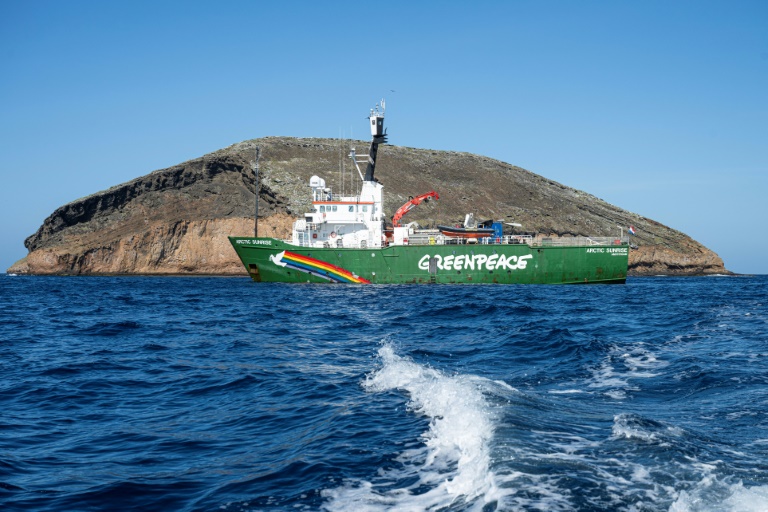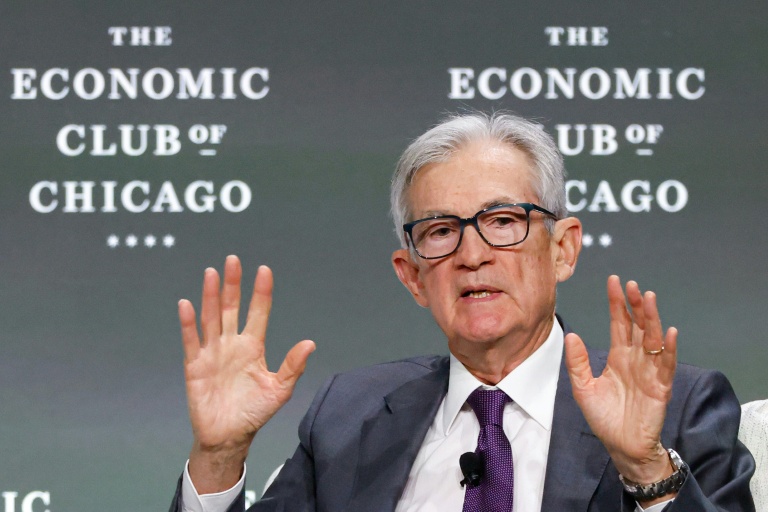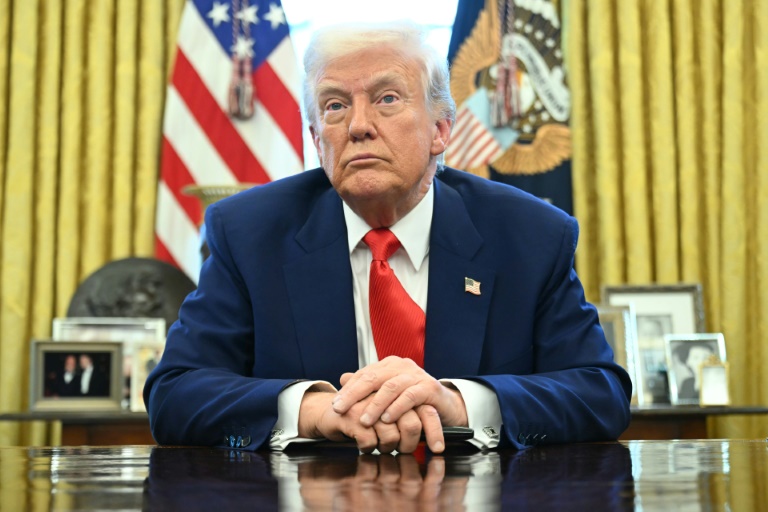Ottawa (AFP) – Canada was scrambling Tuesday to blunt the impact of US President-elect Donald Trump’s threat to implement steep tariffs once he takes office, as experts warned of a potentially “catastrophic” hit to the Canadian economy. Shockwaves from the Republican’s announcement rippled across the country as Ottawa raced to avoid disruptions to the more than one trillion dollars in annual US-bound shipments that represent 75 percent of its total exports.
Canadian Prime Minister Justin Trudeau said he had a “good” conversation with Trump immediately following the president-elect’s announcement late Monday that he would impose new tariffs of 25 percent on goods from Canada when he reaches the White House in January. “We talked about how the intense and effective connections between our two countries flow back and forth,” as well as “some of the challenges that we can work on together,” Trudeau told reporters in Ottawa. The United States, Mexico and Canada are tied to a three-decade-old free trade agreement, now called the USMCA, that was renegotiated under Trump after he complained that American businesses, especially automakers, were losing out.
A senior government source told AFP the two leaders had a “productive and constructive conversation focused on trade and border security” and pledged “to stay in touch.” Trudeau, meanwhile, has already assembled a team of ministers to lobby US lawmakers and members of Trump’s inner circle, a repeat of a charm offensive during the US leader’s first term as president.
Tariffs ‘catastrophic’ for Canada – The liberal prime minister faces likely snap elections in the coming months and is far behind his conservative rival in public opinion. Carleton University professor Ian Lee told AFP the US tariffs would be “catastrophic” for Canada’s economy, as well as Trudeau’s re-election bid. “In terms of jobs, 1.9 million people in Canada are dependent on trade,” he noted, predicting the Canadian dollar would plunge and inflation would soar in response to Canada-US trade frictions. He added, however, that Trump’s threat is likely “a negotiating tactic. He’s doing it to soften us up.”
Genevieve Dufour, an expert on trade law at the University of Ottawa, said the US move would be illegal and would push Canada to impose counter-tariffs. “Canadian companies will ask for it. Canadian consumers will ask for it. We will have to do it,” she said. Trudeau is scheduled on Wednesday to meet with provincial premiers to urge a united front, as one after another they appeared on Canadian television Tuesday morning expressing alarm at the possible tariff impacts.
Doug Ford, the premier of Ontario, which is Canada’s most populous province and its economic engine, called the proposed tariffs “an insult.” “It’s like a family member stabbing you right in the heart,” he said, recalling Canada’s close ties with its southern neighbor. Quebec Premier Francois Legault said US tariffs represented “an enormous risk” to the Canadian economy while his counterpart in British Columbia, David Eby, said “Ottawa must respond firmly.”
Migrants, oil and minerals – Officials said the Trudeau government aims to make clear to the United States the devastating fallout on both sides of the border resulting from a trade war, and that illegal migration from Canada pales in comparison to that from Mexico. According to US data, border patrols intercepted 23,721 migrants crossing from Canada last year, up sharply from previous years. Immigration minister Marc Miller said that, on a yearly basis, it was the equivalent of “a significant weekend at the Mexico border.” He vowed continued Canada-US cooperation on the border.
On trade, officials pointed out that 60 percent of the oil and gas in the United States comes from Canada, and highlighted the need for supply chains in critical minerals sourced from Canada, for example, to lessen dependency on China. “Canada is the largest market for the US in the world, larger than China, Japan, the UK and France combined,” Deputy Prime Minister Chrystia Freeland said. “It is also the case that the things we sell to the United States are the things they really need.”
© 2024 AFP

